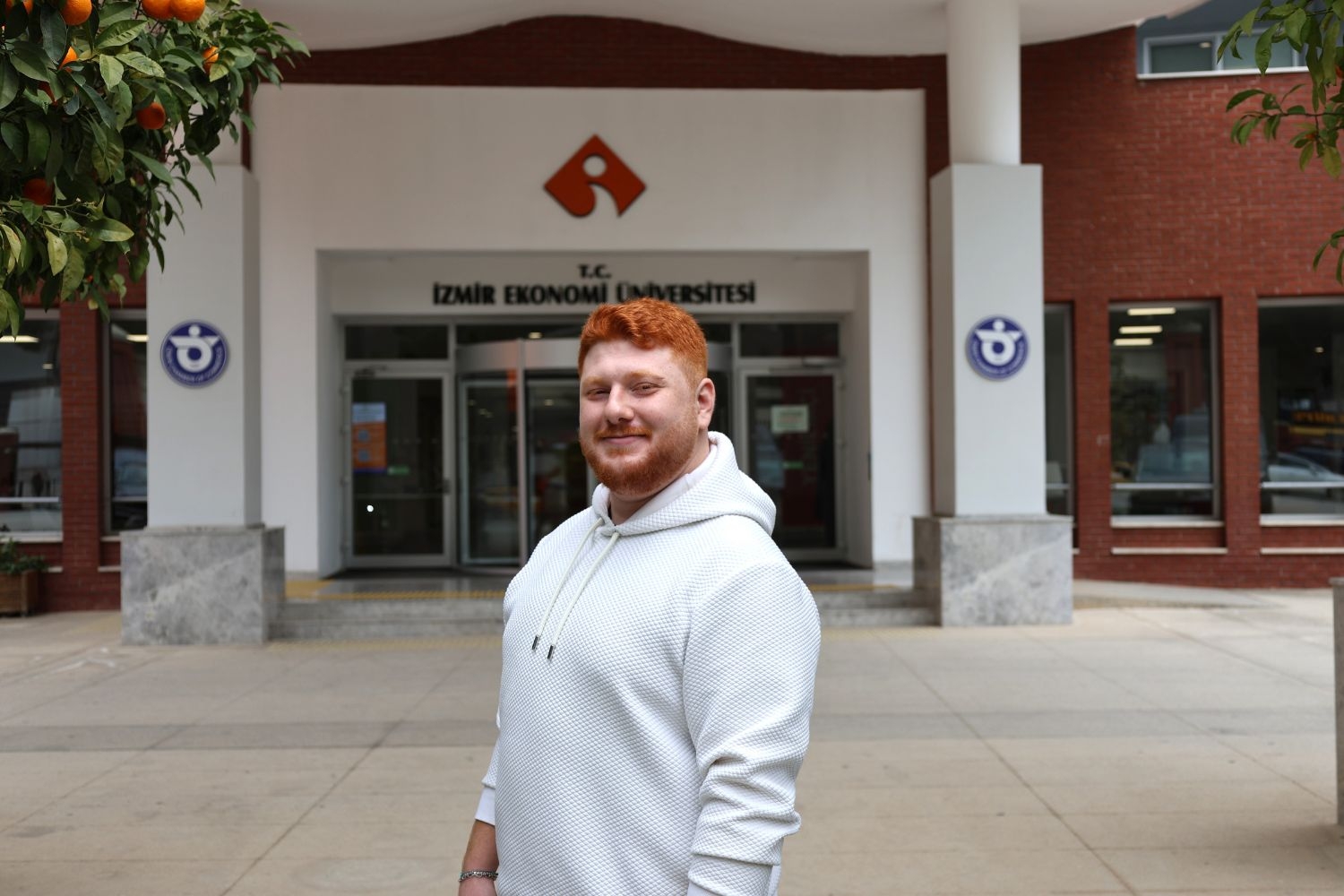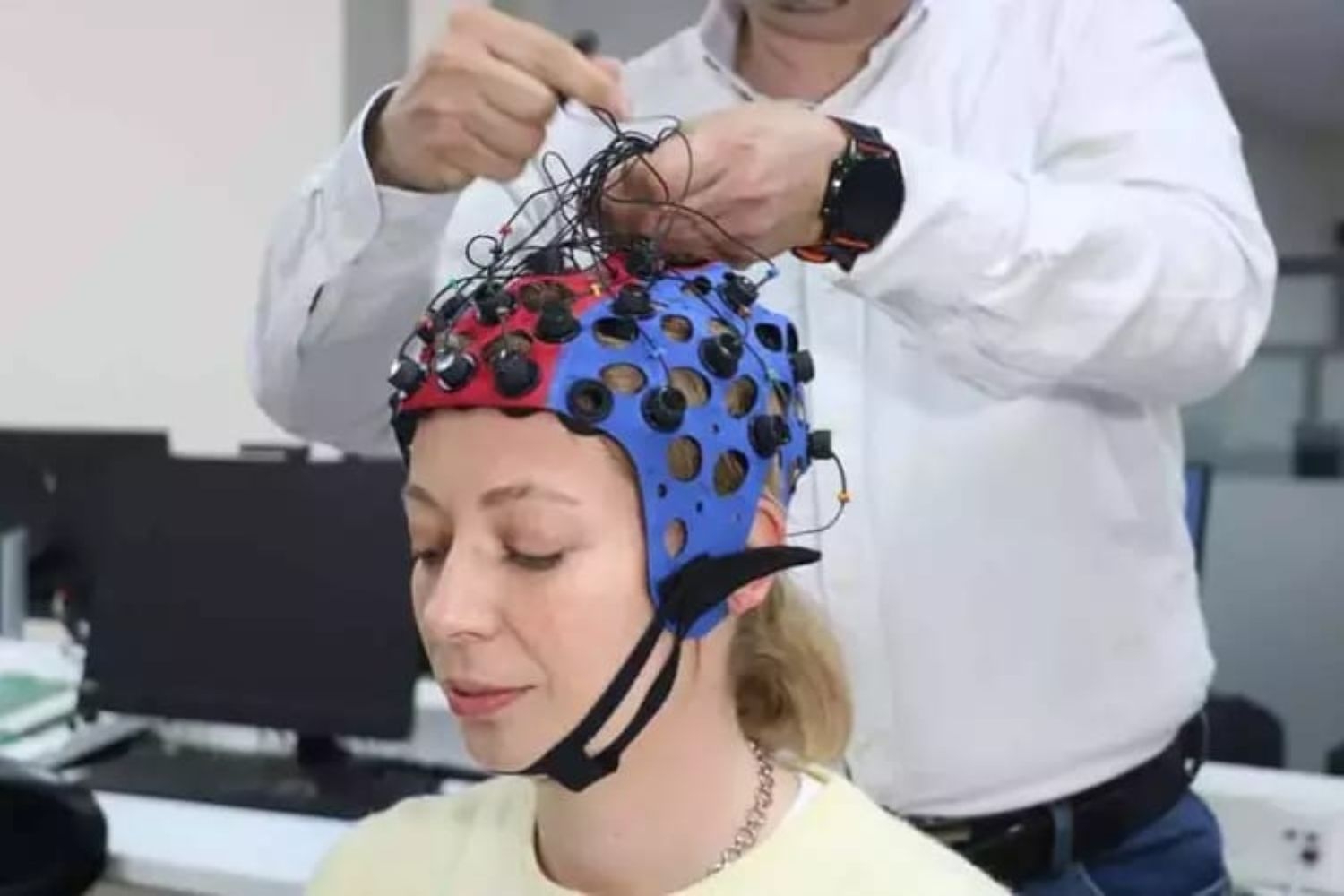Caloric overload warning
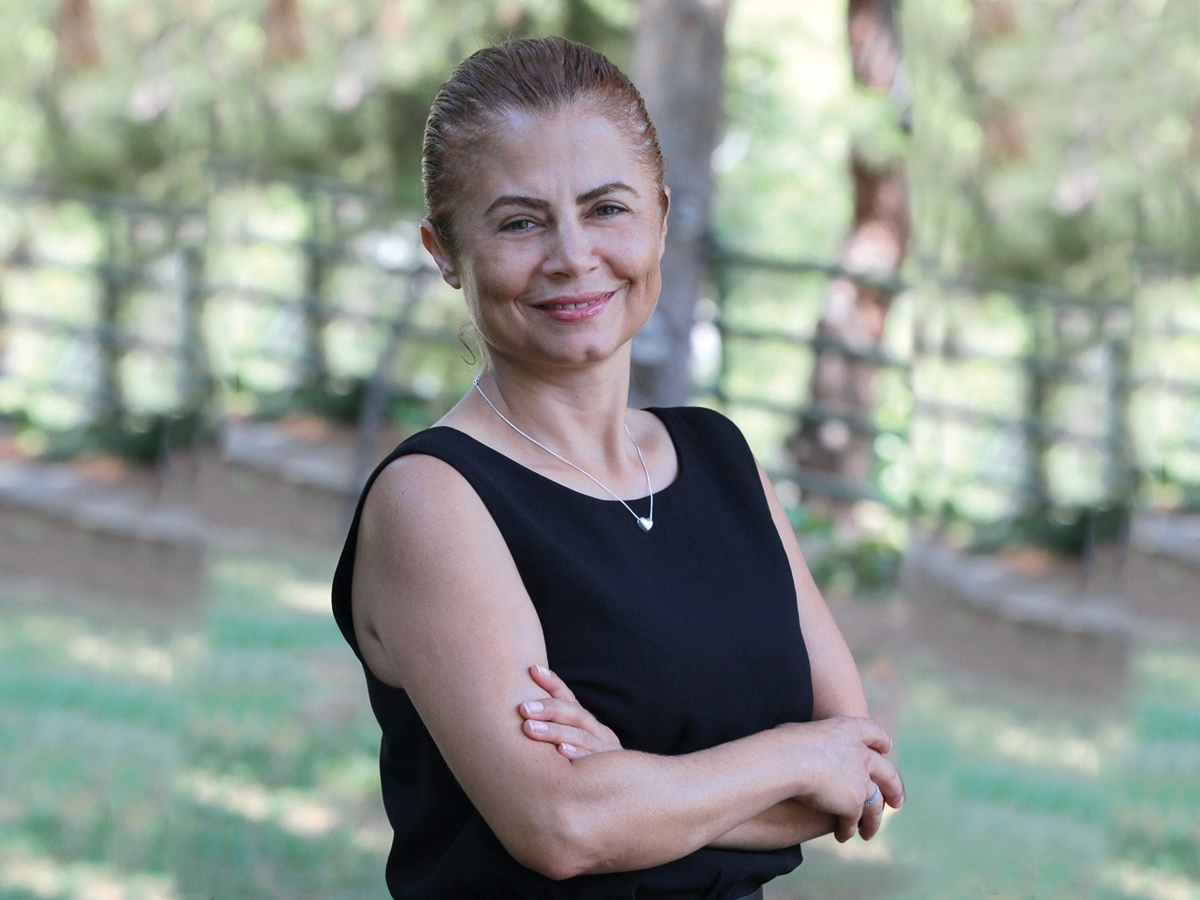
Prof. Nazan Turhan, Head of Department of Food Engineering, Izmir University of Economics (IUE), stated that an adequate and balanced diet was necessary to boost the immune system and that we all needed to watch the caloric overload during this period when we are all confined to homes due to coronavirus.
Prof. Turhan said, “During these days, when we are all required to stay home, our need for energy, compared to our regular lives, is much less. The energy we get from food should be cut down a bit, however, doing so should not compromise adequate nutrient intake. We should consume a smaller portion from each of the basic food groups which are meats, dairy products, fruits and vegetables, and grains. Variety is very important; therefore, our diet should be enriched with different types of nutrients from these four food groups.”
‘We should consume at least 400 grams or five servings of fruits and vegetables everyday’
Prof. Turhan, who suggests consuming products such as milk and dairy, and eggs for protein needs, said that fish should be consumed at least 3 times a week. Prof. Turhan also pointed that oils should be preferred instead of margarine and butter. “We should prefer whole wheat bread instead of white bread, and bulgur (cracked wheat) instead of rice. It is very important to consume at least 400 grams or five servings of fruits and vegetables every day. As we all know, probiotics, which are beneficial bacteria, such as kefir, yoghurt, pickles, and vinegars, strengthen the immune system. When we talk about immune system, vitamins A, C, and E, zinc as a mineral, and Omega-3 fatty acids stand out. These vitamins are found in fish, walnuts, and purslane. Fiber contributes to a healthy digestive system and helps promote weight loss by promoting satiation. We should include fruits, vegetables, legumes and whole wheat foods in our diet to get enough fiber.”
‘Plan your food shopping ahead’
Prof. Turhan pointed out the importance of planning before going for food shopping, and she said that items with short expiration date and fresh food should be consumed first. Prof. Turhan said that access to fresh food might decrease, and consumption of canned, processed, or frozen food might increase.
Indicating that many of the canned and/or frozen food items contained high salt, Prof. Turhan reminded that daily intake of salt should be less than 5 grams according to the World Health Organization (WHO). Prof. Turhan made the following recommendations: “Avoid adding extra salt when cooking and on the table. During this time, energy intake (calories) should be in balance with energy expenditure. To avoid unhealthy weight gain, total fat should not exceed 30% of total energy intake. Try steam cooking your food instead of frying, or prefer grilling or sautéing which requires less fat, or none. It is very important to put a limit to consume foods and snacks such as frozen pizzas, cakes, muffins, cookies, tarts, biscuits, and wafers which contain saturated fats. Get rid of the excess fat in red and white meat and try to consume skinless products. Reduce intake of butter and full-fat dairy products. Shrink your portions, avoid adding sweeteners to your drinks. Replace cakes, muffins, bagels with walnuts, nuts, and almonds during your teatime. These oily seeds will supply your vitamin and mineral needs.”
NEWSALL NEWS
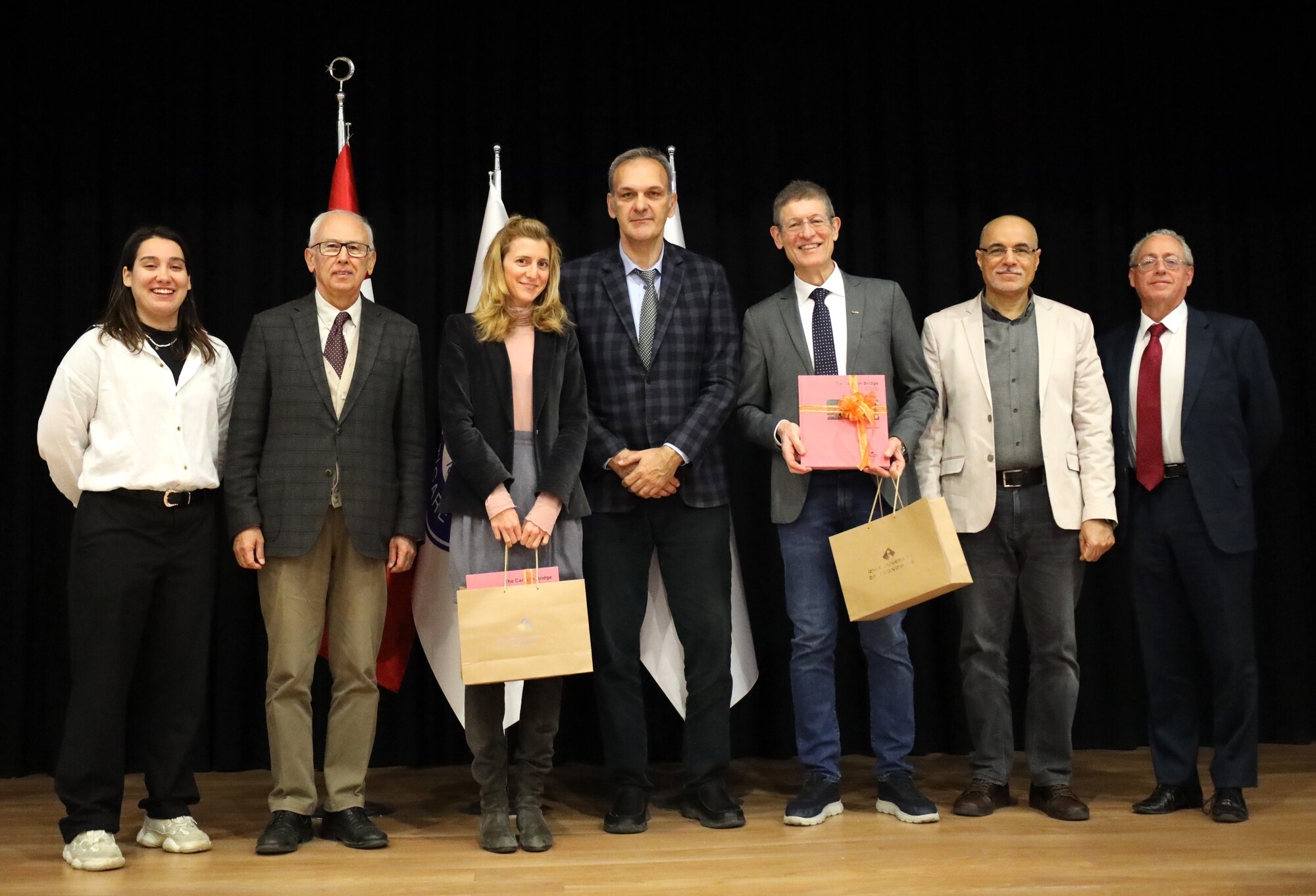
Italian National Space Day Workshop
The Italian National Space Day Workshop was successfully held on December 16, 2024, by the Aerospace Engineering Department of Izmir ...
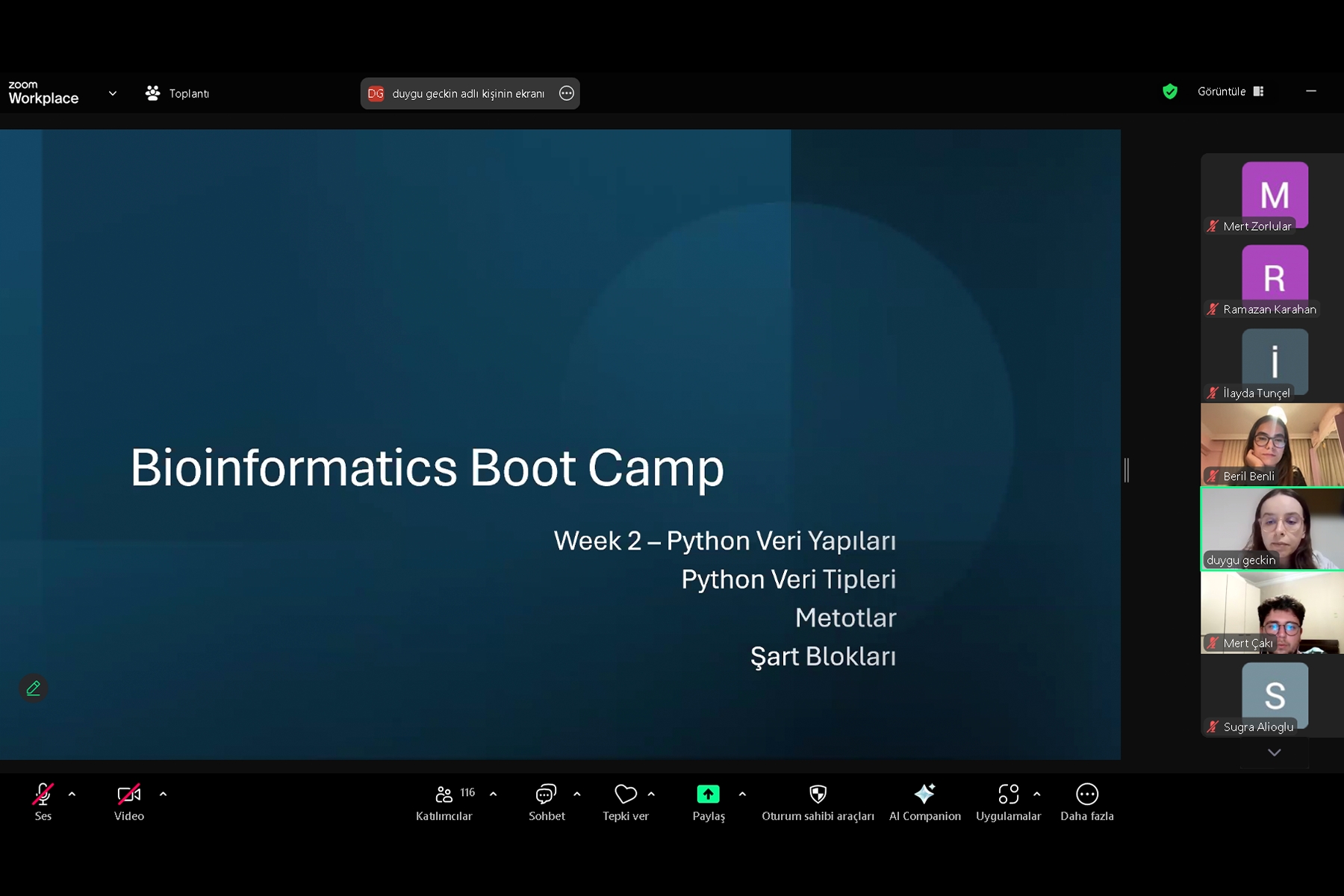
The 3-week Bioinformatics Bootcamp
The 3-week Bioinformatics Bootcamp, organized by our university's IEEE EMBS and CS student branches, has been successfully completed. Research Assistant ...
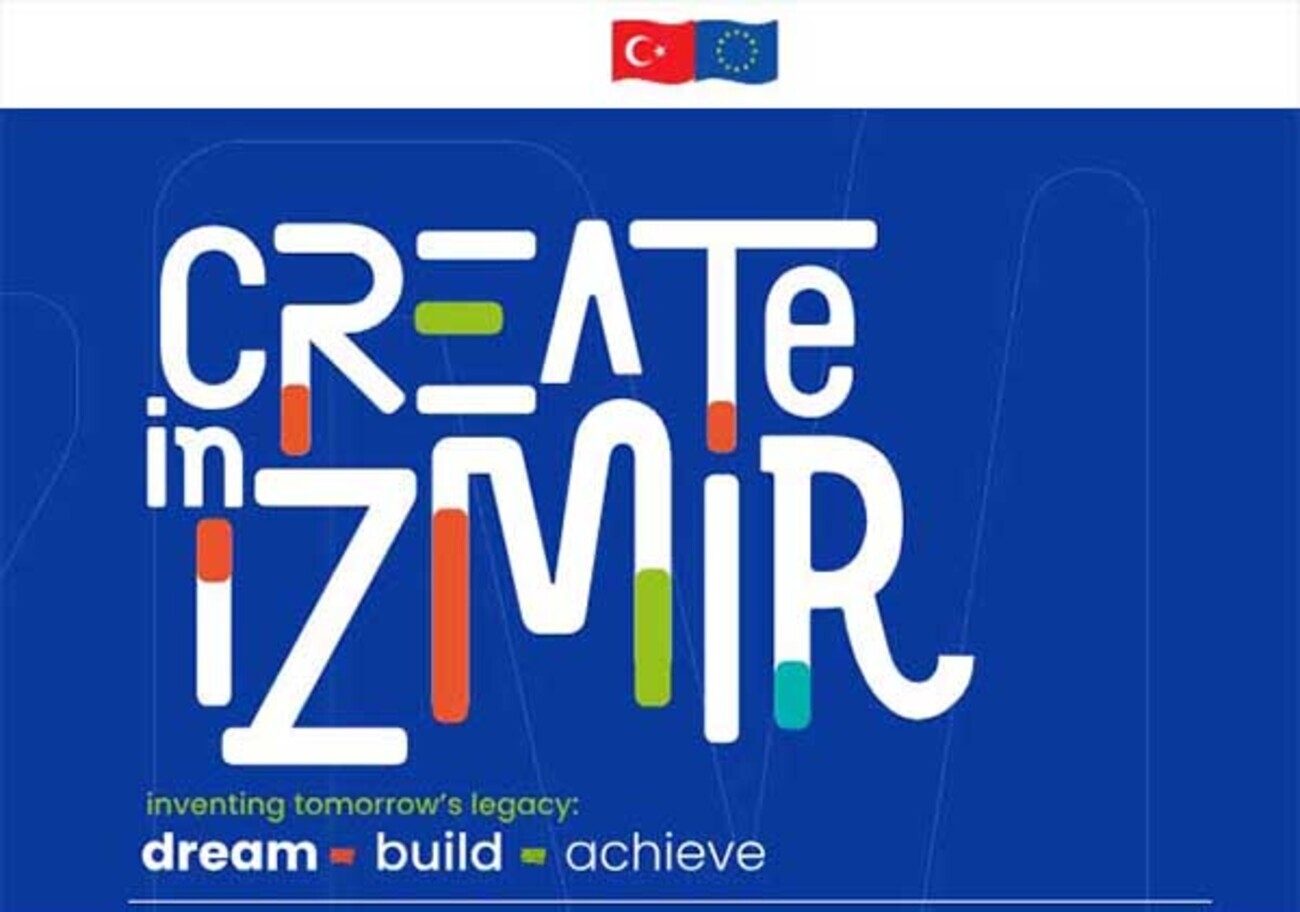
Izmir University of Economics Information Technologies Hackathon Event
Izmir University of Economics IT Hackathon was held on 21-22 December 2024 with the participation of 22 of our students ...
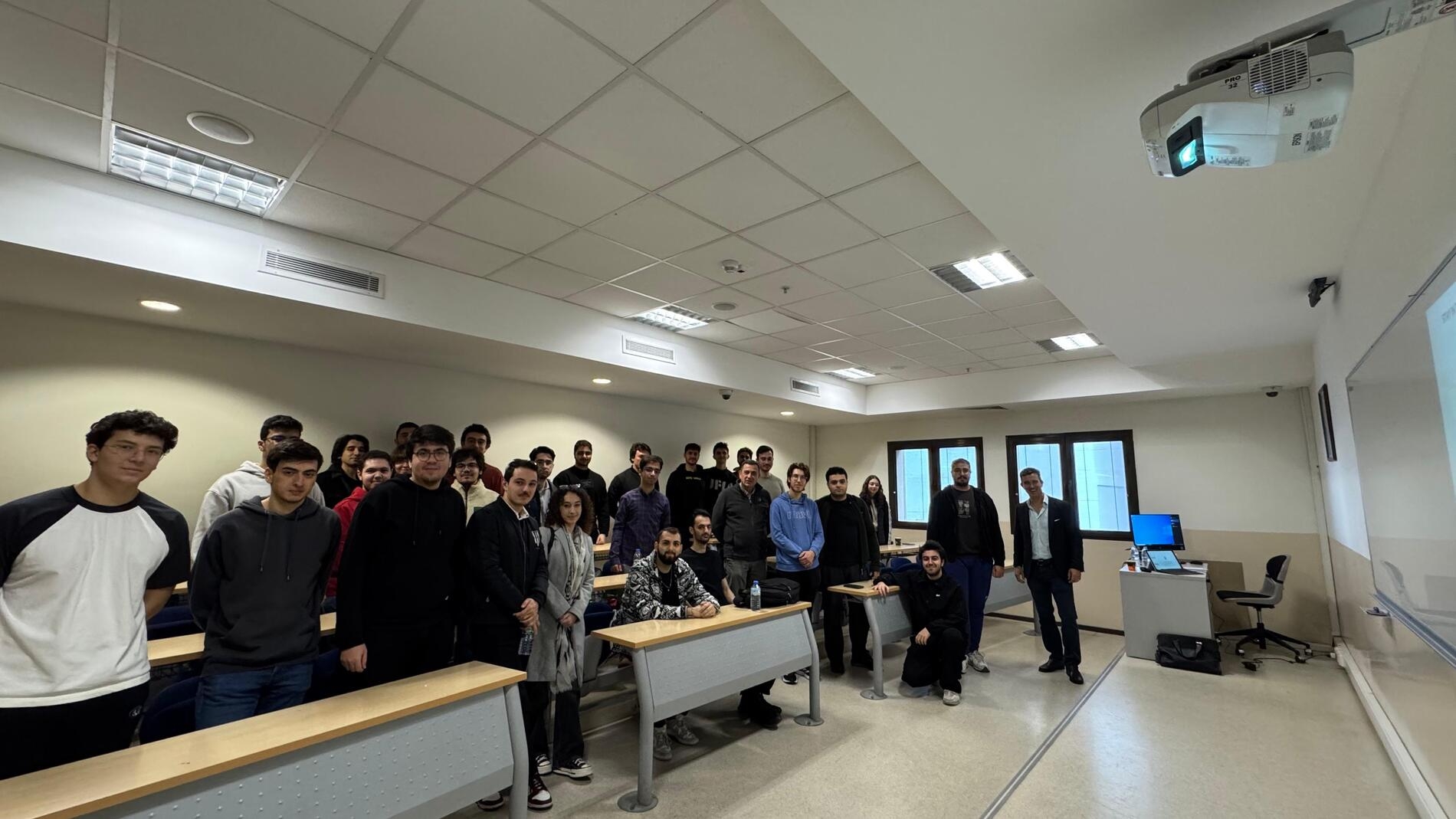
Visit of broadAngle in Izmir University of Economics
Garrison Atkisson, co-founder and CEO of broadAngle, a software company operating in the US and Izmir, and Nihatcan Çolpan, a ...

NEW GÜZELBAHÇE CAMPUS
DetailsGLOBAL CAREER
As Izmir University of Economics transforms into a world-class university, it also raises successful young people with global competence.
More..CONTRIBUTION TO SCIENCE
Izmir University of Economics produces qualified knowledge and competent technologies.
More..VALUING PEOPLE
Izmir University of Economics sees producing social benefit as its reason for existence.
More..





